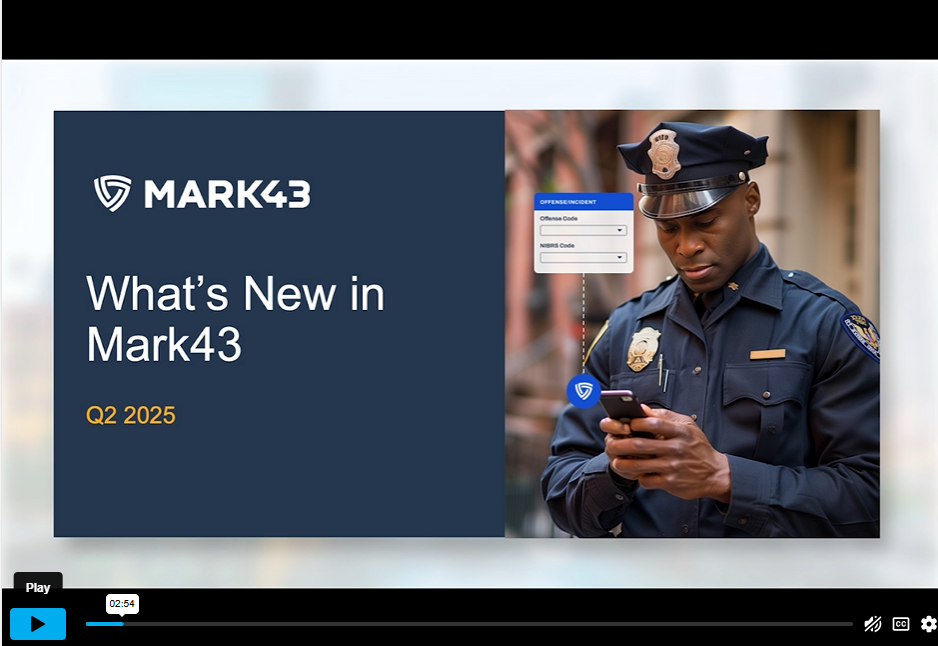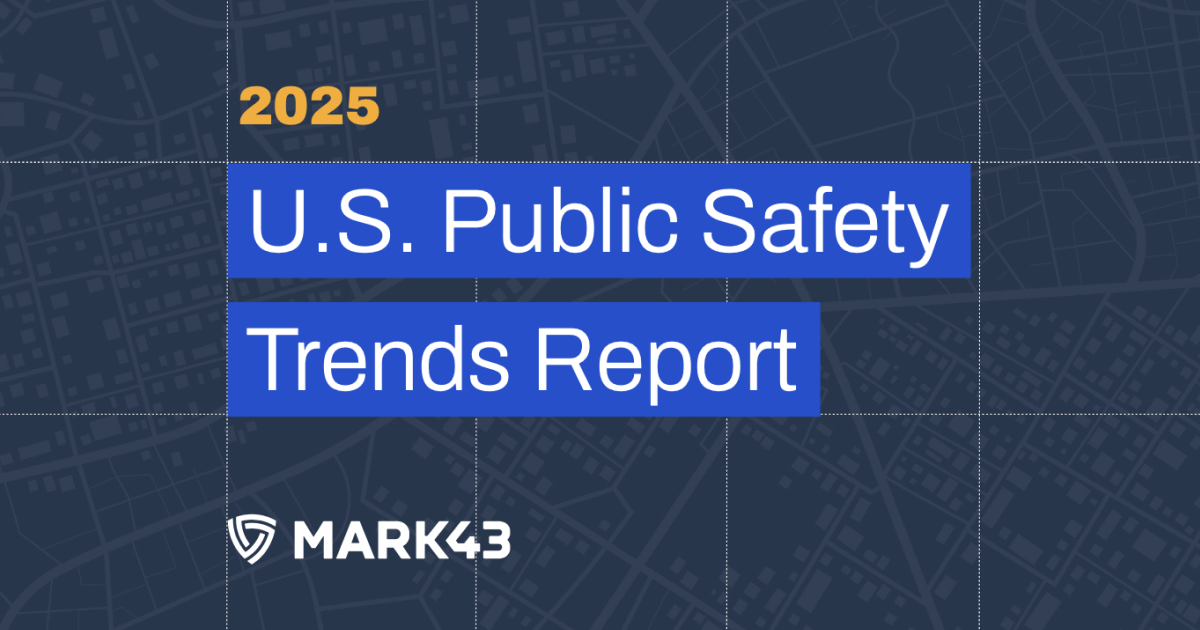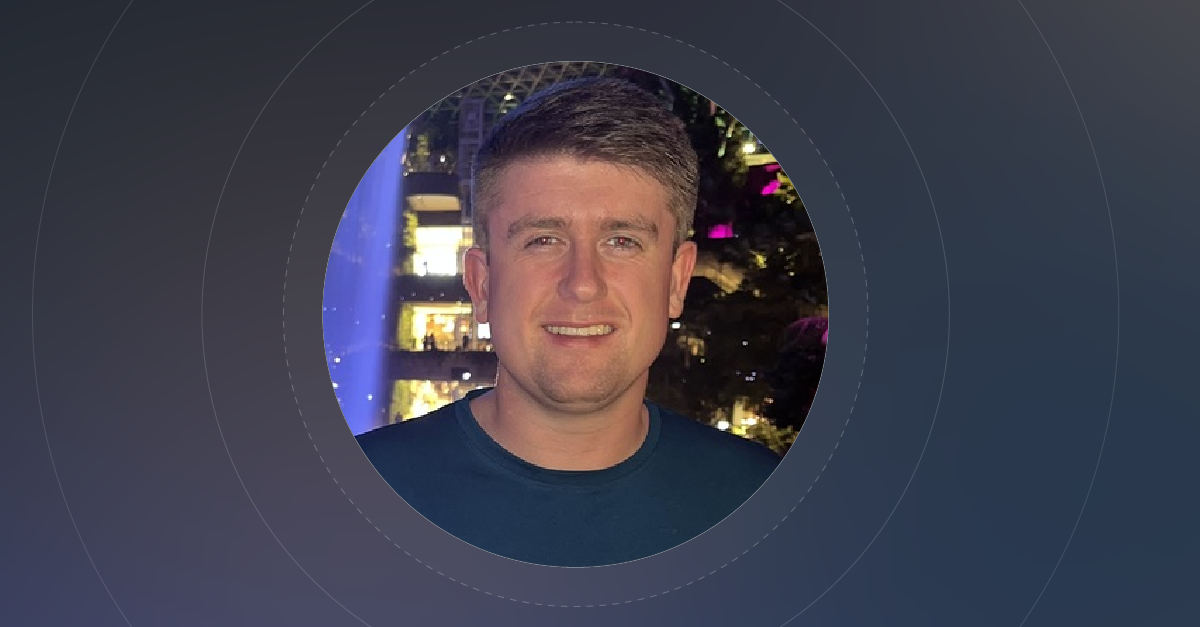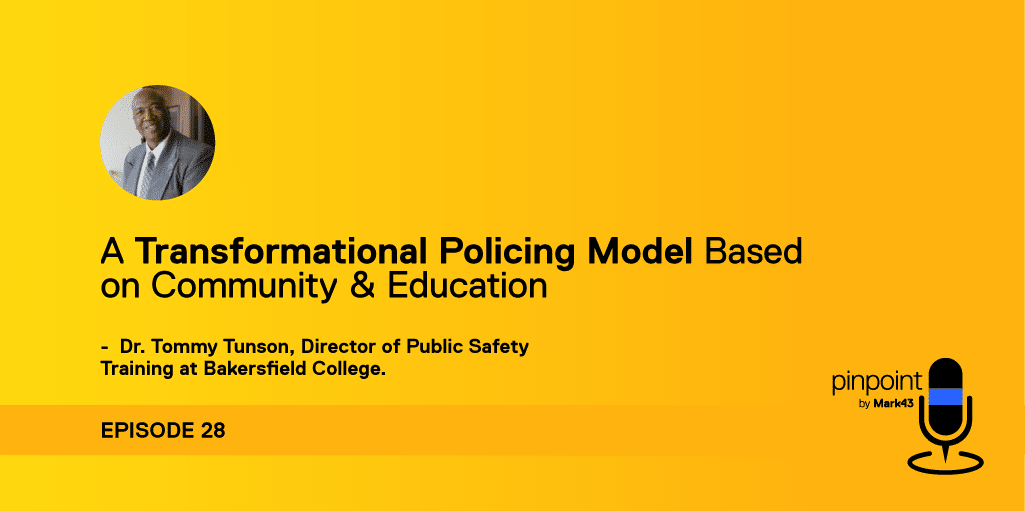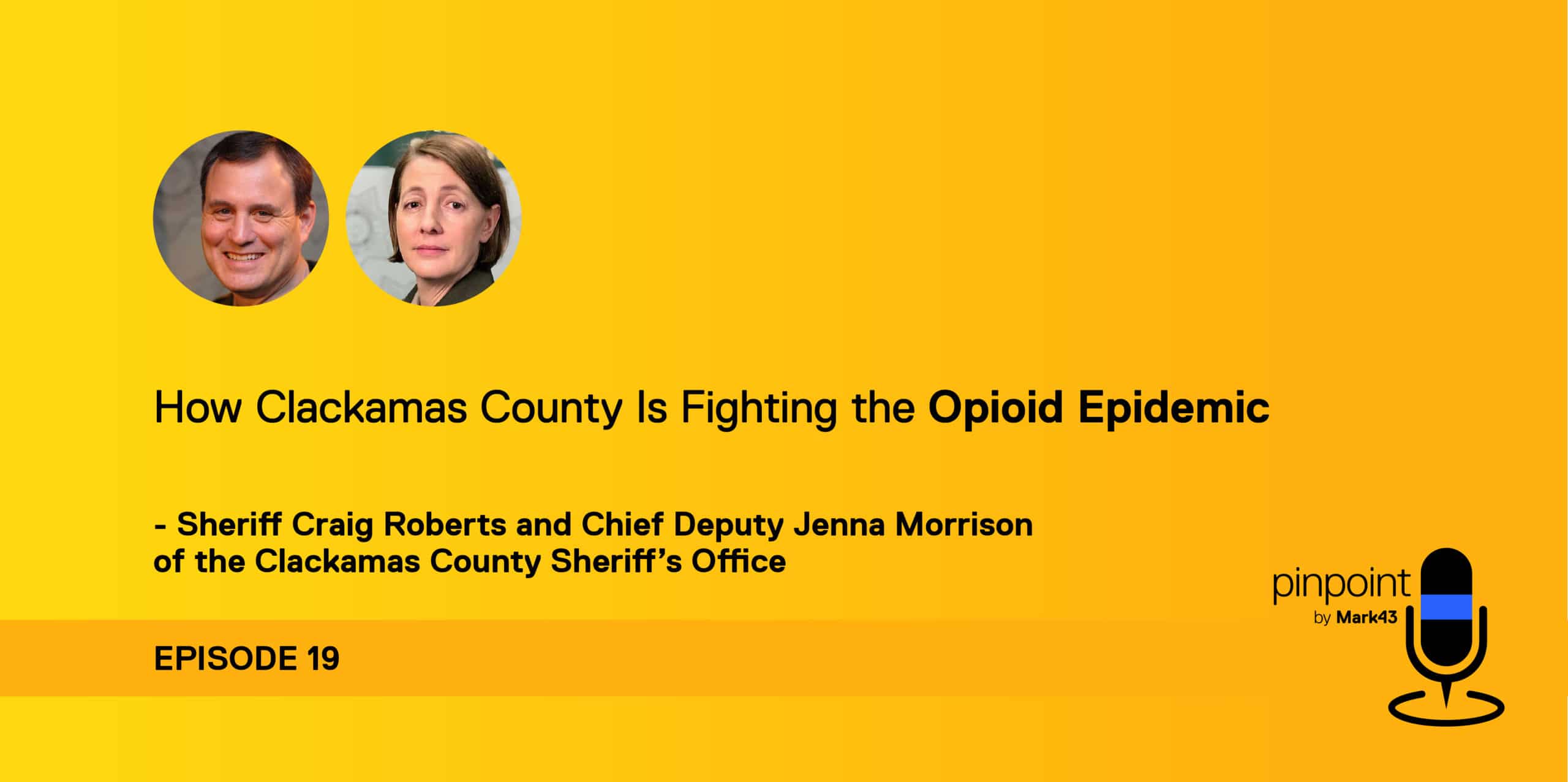
Think of the words accountability and policing.
Most of us go here: Did the officer do the right thing? Should there be a criminal prosecution?
That’s all back end accountability, though–when what policing needs more of is front end accountability.
On a recent episode of Pinpoint, I was joined by Barry Friedman, the founding director of the Policing Project, professor of law at NYU, and author of two books and many articles. We talked about Professor Friedman’s epiphany about policing accountability.
For the first time, Professor Friedman taught criminal procedure and constitutional law concurrently. “In 2006, a light bulb went off in my head,” said Professor Friedman.
“What they have in common is that the same constitution governs both of them,” he said. “But as I was teaching them together, I saw the rules are completely different around constitutional law than they are around the constitutional part of criminal procedure. It got me to thinking, why is that?”
<“Police departments need to be open with the public about their goals and the ways they’re going about doing things to get buy in.” —Barry Friedman>
[popup_trigger id=”1576″ tag=”pinpoint”]
[/popup_trigger]
Front-End Accountability
When people think about accountability from the constitutional law perspective, we usually jump straight to elections, the people having a voice, and bringing the public’s voice to policymaking.
But when we think about accountability and policing, we go somewhere completely different. “Did the officer do the right thing? Should there be a criminal prosecution? Is the DOJ going to come in and investigate? Is there going to be a federal monitor? Do we need to have a civilian review board?” Friedman said.
Friedman began to interrogate the difference between front end accountability and back end accountability. “That led me to start to think about how to bring front end accountability to policing,” he said.
That perspective helped Friedman see that the Edward Snowden and Ferguson, Missouri, incidents were both front end accountability problems.
Front end accountability in policing requires a broad perspective. Because a narrow view just isn’t practical.
“You have to think about it more holistically,” Friedman said.
Transparency
Accountability takes transparency. “Police departments need to be open with the public about their goals and the ways they’re going about doing things to get buy in,” Friedman said.
Voice
The public needs to have a voice in policing situations.
“That’s complicated throughout all of government. It’s not like we all vote on every single thing the government does,” he pointed out.
Cost-Benefit Analysis
It will also take the same analysis we apply to other areas of government to ensure that the costs of front end accountability don’t outweigh the benefits.
At a conference at NYU, Friedman shared these ideas–with a bit of nervousness, he admitted. “By the end of it, people were aggressively asking us to come to their city and try to do something,” he said.
“There was this huge sense out there that there was discontent about policing,” Friedman said. “The police used to be heroes and then all of a sudden they’re getting a lot of criticism.”
That’s where communication comes in.
<“It’s hard to solve a problem until you know what the problem exactly is. We want your CAD data so that we can figure out what cops are doing all day long.” —Barry Friedman>
Voice & Communication in Accountability
Communication in public safety is core–and there are three aspects to the way Friedman envisions an accountable police force.
- Policing technologies–using license plate readers or facial recognition
- Policing vision–reimagining how the future of public safety will look
- Public voice–ensuring the public has a voice in the technologies and vision
“If you try to police a community and the people don’t agree, it’s not going to go well,” Friedman said.
The answer to how to have front end voice in policing is really, really complicated. Policing agencies aren’t like every other area of government where we have boards and commissions to be a conduit for the voice of the public.
“The burdens fall on police departments to try to figure this out themselves,” Friedman said. “How you develop a relationship and get the public’s views about things is a very, very complicated problem.”
One successful example Friedman mentioned as working in its context was the LA police commission. “There are benefits to having this kind of front end engagement,” he said. Mainly because it allows the public some buy in beforehand.
Chicago is another. It piloted the neighborhood policing initiative, a ground level project to improve public safety.
Each different, but each striving to interact with the community and help the community interact with police.
One more great example is New York. “It’s holistic. It’s integrated. The officers who are doing real police work are engaged in their communities, and they are listening to the communities, and they’re helping solve community problems,” said Friedman.
<“If you try to police a community and the people don’t agree, it’s not going to go well.” —Barry Friedman>
Reimagining Public Safety
Public safety as we know it today may not be public safety as it should be tomorrow.
When we reimagine and reassess public safety, we first have to deal with the vacuum of information around policing. There’s really very little data, comparatively, about what cops do all day long.
“It’s hard to solve a problem until you know what the problem exactly is,” Friedman said. He’s seeking CAD data to paid an accurate picture of daily police tasks.
Then, to reimagine public safety, Friedman asks these three questions.
- What’s a cop doing here? (Could this be handled by someone else?)
- What’s a cop doing here? (Could other actions address this problem better?)
- What’s a cop doing here? (Could this moment have been prevented by previous actions?)
“They’re all different questions about what’s the problem that brought a police officer there in the first place?” Friedman said. “The answers to those questions may lead us to all kinds of different thinking about what we need to do to address societal problems.”
Think about police officers like emergency room doctors.
In a hospital, you have gastroenterologists and cardiac surgeons and general practitioners. But in an emergency room, they’re all just doing triage–and then they have to address everything.
“One of the things that fascinates me is what it would be to hyper-train some police officers to have this wide range of skills,” Friedman said.
“We don’t train cops very much to be mediators. But I bet if we took a bunch of cops and asked them what they do most of the day, they negotiate with people.”
Once we understand what cops mostly do, we could give them the resources to do it successfully.
“We want your CAD data so that we can figure out what cops are doing all day long,” Friedman said. “Then we’ll break that down into categories and ask whether cops need some additional skills, should other agencies be responding with the cops, are city agencies not stepping up.”
Find out more about the Policing Project by emailing info@policingproject.org or contact Professor Friedman directly at barryfriedman@policingproject.org.
This blog post was taken from a Pinpoint podcast interview with Professor Barry Friedman of NYU and the Policing Project.
For every episode, click here. Or, Apple Podcasts users can follow this link.



